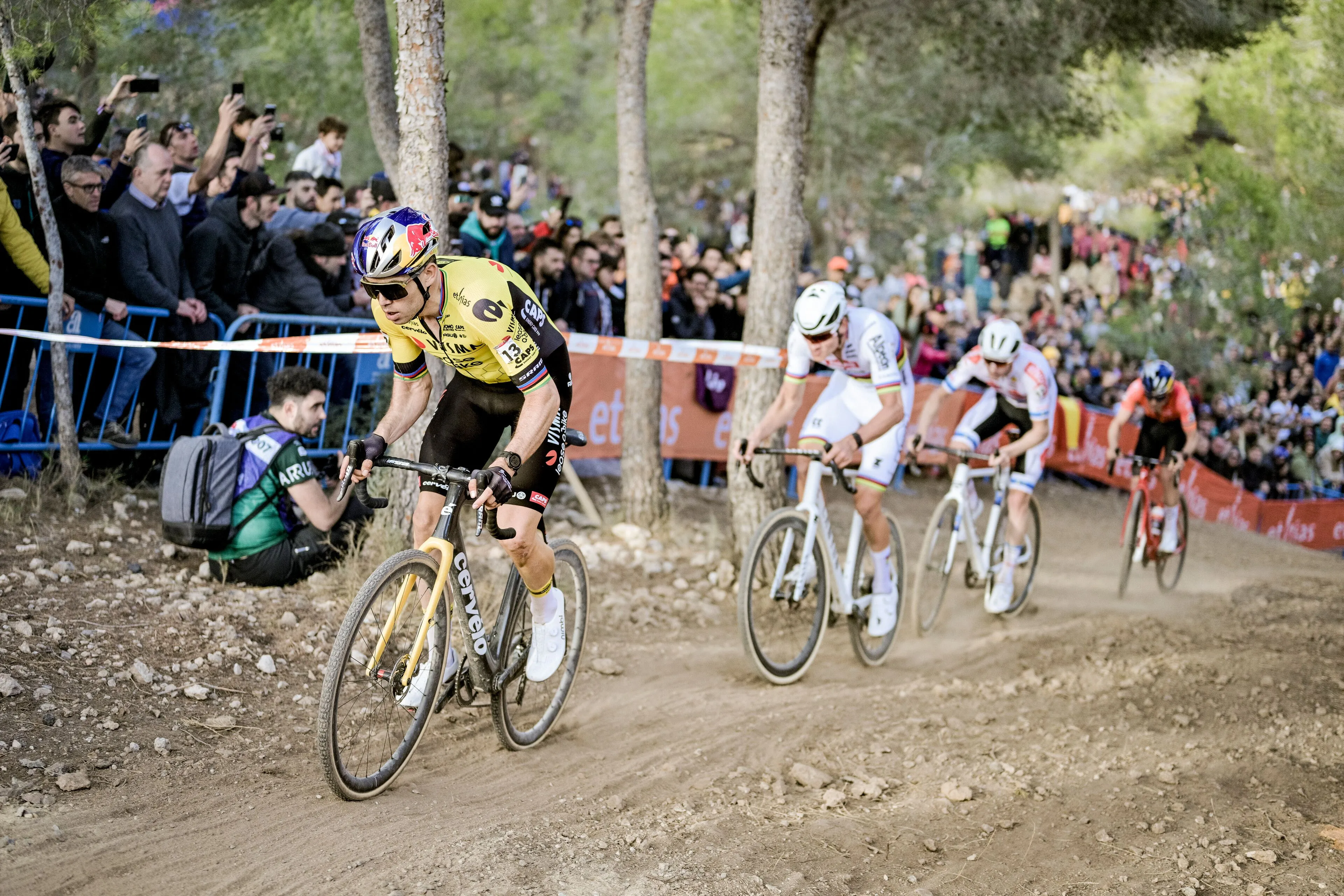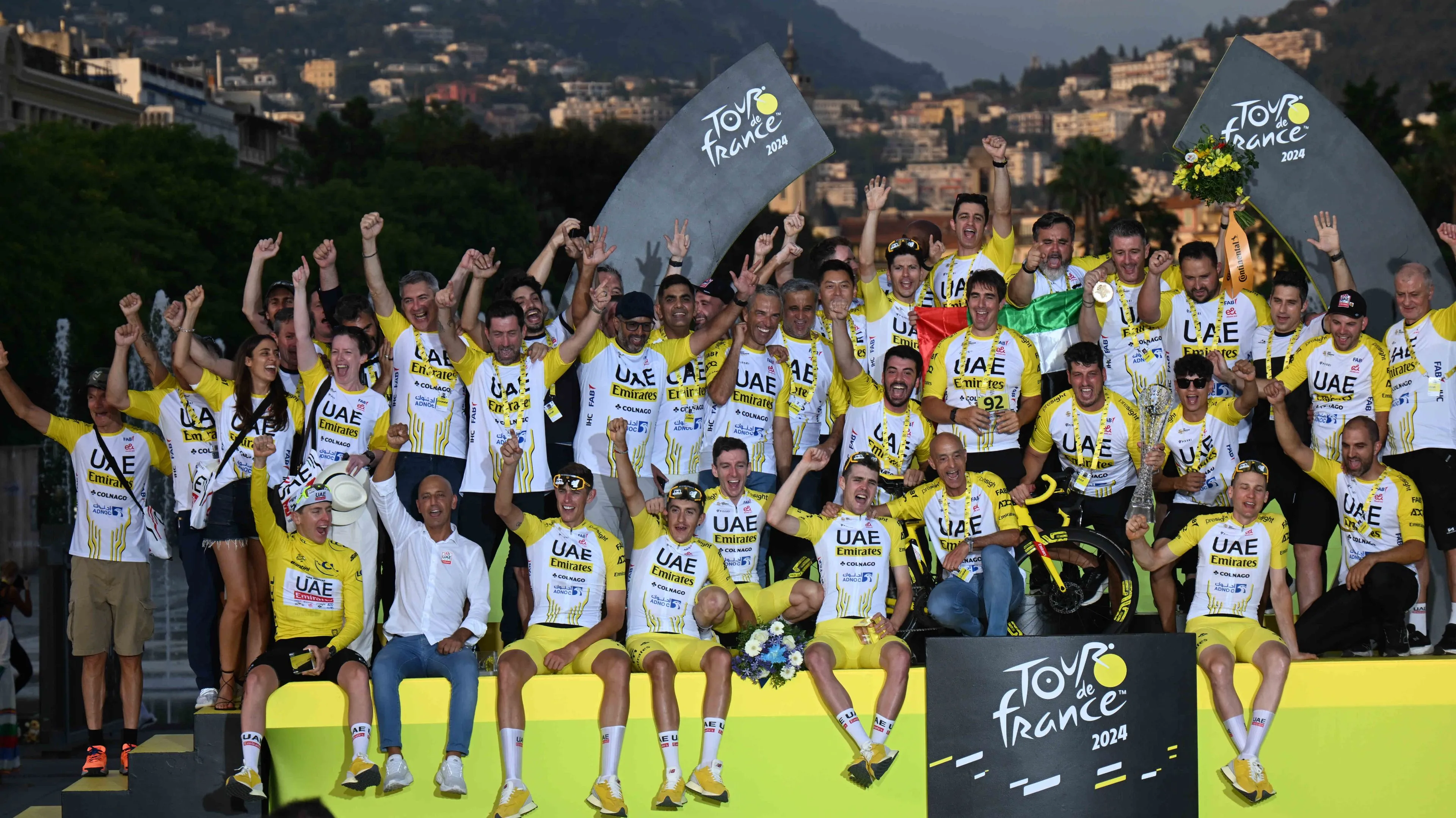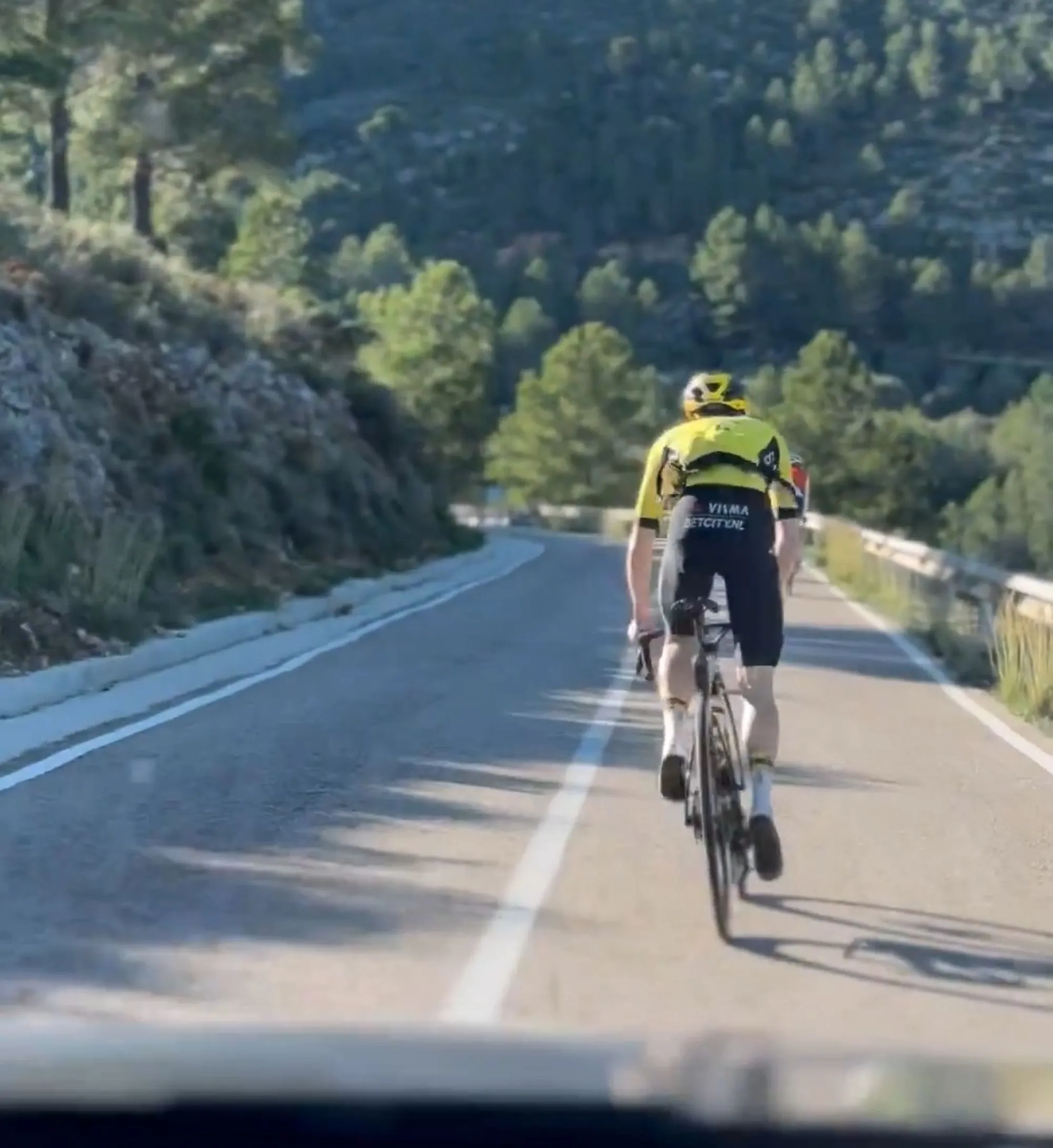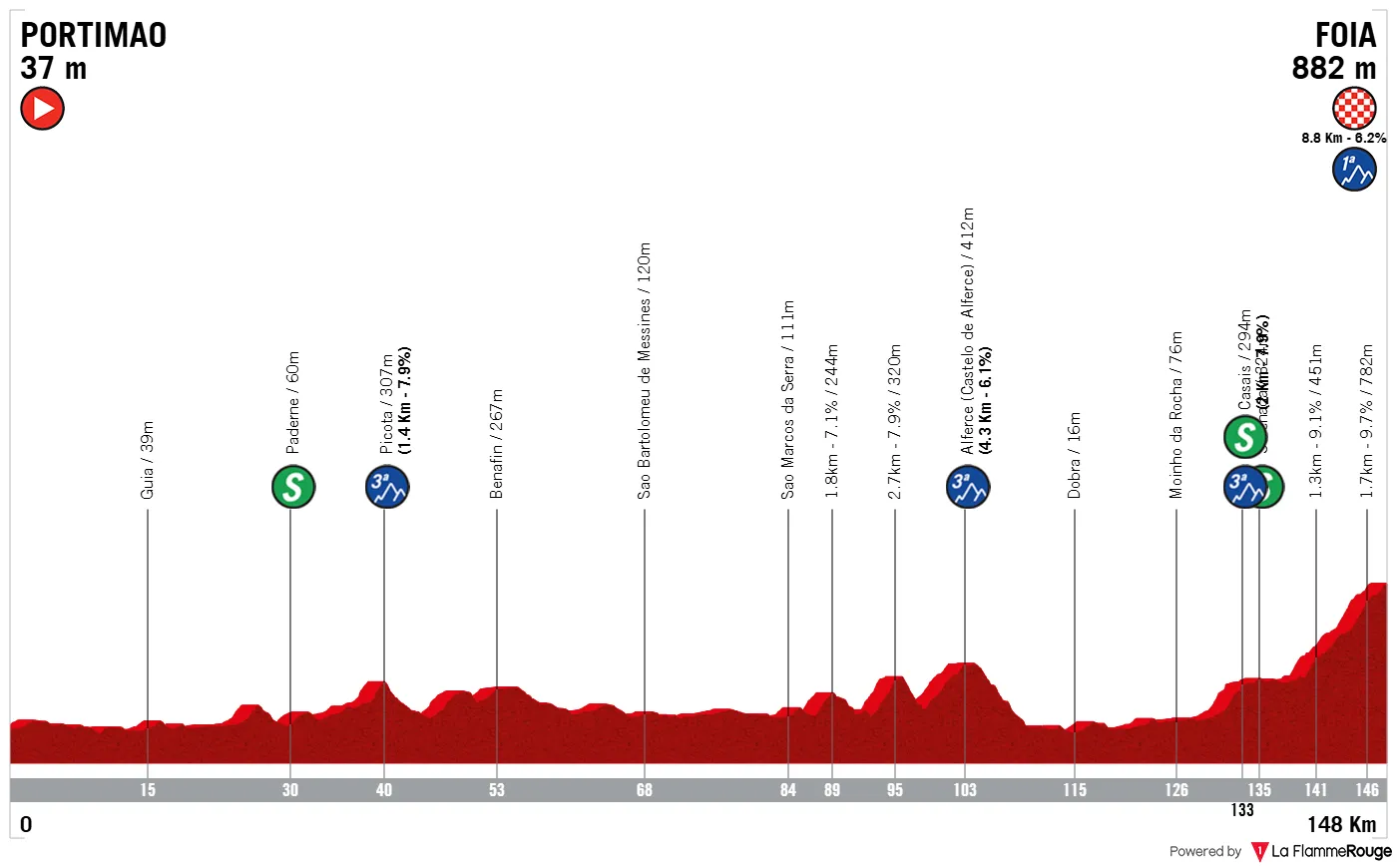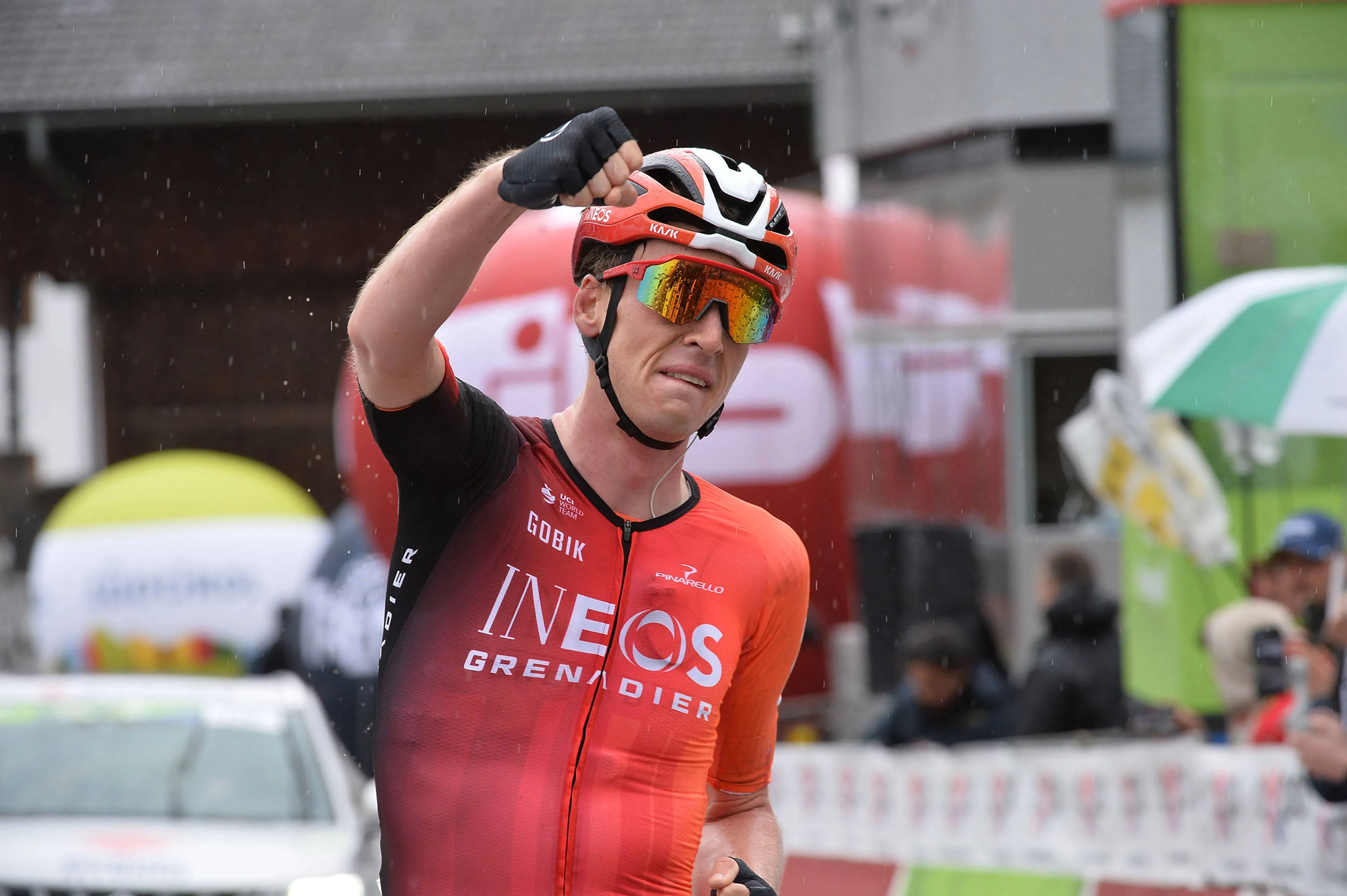Is Tadej Pogacar's dominance boring? Thomas Voeckler thinks riders are racing "for second place"
CyclingTuesday, 17 December 2024 at 10:25
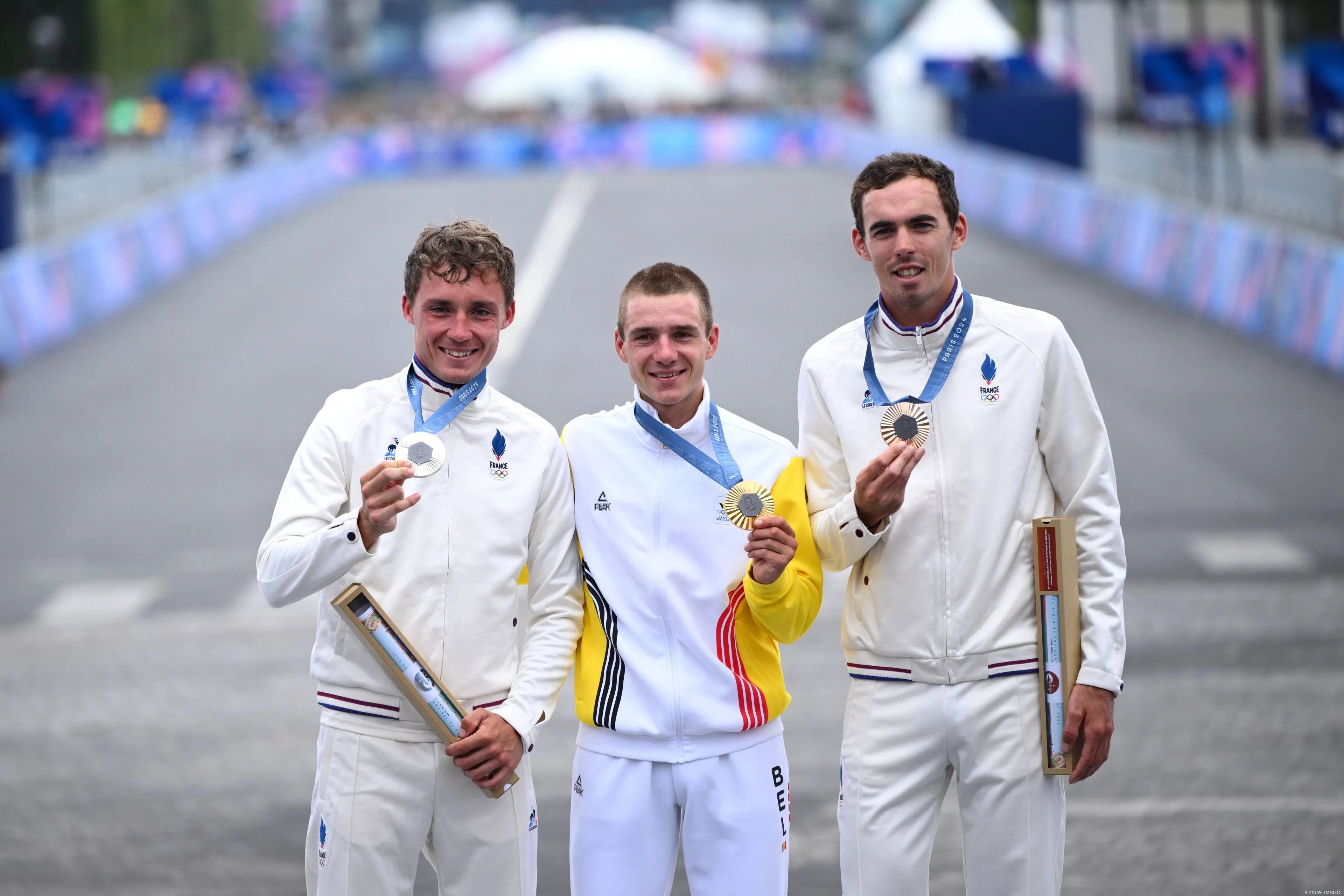
Thomas Voeckler, a former professional cyclist with four
Tour de France stage wins and a mountains classification victory in 2012, now
serves as the coach of the French national team. Speaking to Cyclism’Actu,
Voeckler shared his thoughts on the Paris Olympic Games, where French riders
secured two road cycling medals, and reflected on Tadej Pogacar’s dominant
season.
When asked about his emotions following the Olympics,
Voeckler revealed a surprising lack of sentimentality. While the French team’s
success exceeded expectations, with two riders joining Remco Evenepoel on the
podium, Voeckler quickly turned his focus to upcoming challenges.
Read also
“But it's clear that it exceeded our expectations, you have
to look at things objectively. If we had been told that there would be two
French riders behind Remco Evenepoel on the podium... I believed in being able
to play for the title, I was even convinced of it, but as I think of other
riders at the start, you only have to look at the pedigree of the ranking,” he
explained. Reflecting on the absence of Tadej Pogacar, he added, “If you just
remove Pogacar... well ‘just’ is perhaps not the right term. Besides, just a
parenthesis on Pogacar, I am convinced that if he had been there, it would have
completely changed the situation and the race. They say that those who are
absent are always wrong, but it didn't bother me that he wasn't there...
Anyway, it was all the better for us.”
While the achievement was historic, Voeckler admitted that
his emotions were far more subdued than expected. “For me, the Olympics, the
Saturday after the race, the next day I was driving Paul Brousse's car for the
girls, and the page was turned. It doesn't seem so hard like that, but that's
how I work.” Despite the extraordinary atmosphere and fervour surrounding the
Olympics, Voeckler maintained his focus. “Even when Valentin (Madouas) crossed
the line, I didn't react, I was waiting to see what it would be like for
Christophe (Laporte). And only then did we yell in the car."
Read also
Voeckler’s pragmatic approach reflects his professional
ethos. “I’ve turned the page, but that doesn’t mean I’m not proud, that I don’t
enjoy what the guys did and the adventure we had,” he clarified, emphasising
his forward-thinking mentality as the team’s coach.
Turning his attention to the current state of cycling,
Voeckler lauded Tadej Pogacar’s unprecedented dominance in 2024, comparing his
feats to those of cycling legend Eddy Merckx. “It's a Merckx year, in an era
that is no longer Merckx's. Where everything has evolved, where competition is
normally much more globalized, where everyone has more or less the same working
methods.”
Read also
For Voeckler, Pogacar’s success stands out even more given
the level playing field of modern cycling. “What he did is for me even stronger
than what Merckx did. Eddy Merckx and Bernard Hinault, they were just stronger
at the base, they just had to push the pedals. Pogacar is the strongest today,
even though everything is optimised.”
Voeckler noted how the sport has evolved, highlighting the
words of Romain Bardet. “The words that struck me were those of Romain Bardet.
In an interview at the beginning of the year, he said that what only 10 riders
were capable of doing 7 or 8 years ago, there are 40 who can do as well today.
That gives you an idea, Romain is not someone who talks in the air like that.”
Read also
While he praised Pogacar’s panache and the brilliance of his
exploits, Voeckler admitted that the Slovenian’s dominance can sometimes lead
to a lack of excitement in races. “When he starts so far from the finish,
behind it's thrilling, but it's just for 2nd place,” Voeckler remarked. He also
drew parallels to Mathieu van der Poel’s performance at Paris-Roubaix,
describing it as “magnificent” but similarly lacking entertainment.
claps 0visitors 0
Just in
Popular news
Latest comments
- If I were Johan Bruyneel, I would be careful what I wish for... There is a high likelihood that revealing your side of the story will actually make things WORSE for you! Also, I suspect Lance will make himself look like the victim and throw you and everyone else under the bus!Pogboom19-02-2026
- As per a great many on the world stage...you must be beside yourself amongst them all!
 leedorney19-02-2026
leedorney19-02-2026 - Well, you might be right because the overlap is really quite small even though the individual audiences might be more significant. BUT if you’re trying to say there’s little chance anyone not totally aligned with these characters’ life choices is going to sponsor their ventures, yes, totally agree.Mistermaumau19-02-2026
- I'm not
 leedorney19-02-2026
leedorney19-02-2026 - And the Europeans - Manolo Saiz Once team manager, the Festina team, do you want me to go on.. ?
 leedorney19-02-2026
leedorney19-02-2026 - It's sad that Lance/Johan has had to tolerate this all these yrs, they should be admired imo - all they did was organise a brilliant system better than the Europeans FACT, again who wasn't on anything back then properly - everyone, reportedly.. yet the fact is who actually knows, pro cycling and pro sport in general will never shake the doper aspect fully
 leedorney19-02-2026
leedorney19-02-2026 - Even less chance of getting me to watch that than Melania which my other half would maybe twist my arm into watching if she wanted to fall asleep without brain activity.Mistermaumau19-02-2026
- What total BS You were both dictating the narrative for the more than 10 years before you had to change it. You had PLENTY of time to tell your story or correct others who got it wrong, you only « corrected » them when they were getting it ki d of right. AND, you wouldn’t be asking to tell anything now if things had stood the way they were. The ONLY thing you regret is getting caught, just like all those now part of the Epstein collateral. Cheap-lay (that’s my Clavicularistic replacement for a four lettered F-word).Mistermaumau19-02-2026
- Imagine Pogi being in this race. He would motivate Del Toro "common, common...let's go, let's leave Remco even more behind." Of course Pogi would go ahead and catch Tiberi. 1) Pogi... 2) Tiberi... 3) Del Toro... Remco would be behind more than 3 min. Pogi being at the UAE (his own Tour) would have crushed Remco mentally, like in 2025. Poor little Belgian child.Mou-Cro-HR19-02-2026
- Slowly and slowly Remco is fading. He's an over rated cyclist.Mou-Cro-HR19-02-2026
Loading
Write a comment

